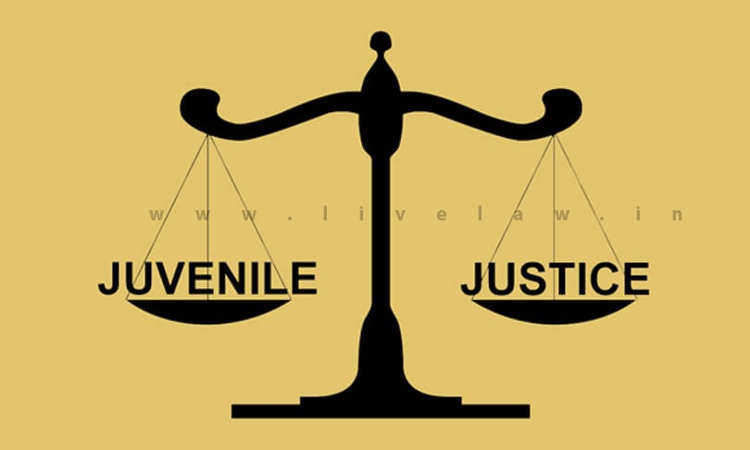- Home
- /
- High Courts
- /
- Patna High Court
- /
- JJ Act | Children Are Future Of...
JJ Act | Children Are Future Of Society, Punitive Approach Towards Juveniles Self-Destructive: Patna High Court
Bhavya Singh
16 May 2025 10:45 AM IST
Patna High Court has set aside the conviction and sentence of a juvenile under the Arms Act, holding that the Juvenile Justice (Care and Protection of Children) Act, 2000 is based on the belief that children are the future of society and, if they go into conflict with law under some circumstances, they should be reformed and not punished. Justice Jitendra Kumar observed,“the J.J. Act, 2000...
Patna High Court has set aside the conviction and sentence of a juvenile under the Arms Act, holding that the Juvenile Justice (Care and Protection of Children) Act, 2000 is based on the belief that children are the future of society and, if they go into conflict with law under some circumstances, they should be reformed and not punished.
Justice Jitendra Kumar observed,
“the J.J. Act, 2000 is based on our belief that children are the future of the society and in case they go into conflict with law under some circumstances, they should be reformed and rehabilitated and not punished. No society can afford to punish its children. Punitive approach towards children in conflict with law would be self-destructive for the society. Such belief and object are reflected in the preamble to the Act as well as its provisions.”
Briefly put, the petitioner was aged almost 17 years when the Police apprehended him and two others and recovered pistols. He was convicted by the Juvenile Justice Board and sent to a Special Home for a period of three years, which was upheld by the Sessions Court.
Petitioner argued that the prosecution failed to prove the recovery of arms from him. It was submitted that one of the seizure witnesses had denied any recovery in his presence, claiming instead that he had visited the police station for a character certificate and had been made to sign a blank paper. The petitioner also pointed out that there was no evidence that the seized arms and ammunition were sealed on the spot.
The High Court, while agreeing with the petitioner, stated, “As per evidence on record, only evidence as per P.W.-5 is that the seized arms and ammunition from the petitioner and other co-accused were sealed in a sack but he has not given any details - like who sealed it and where was it sealed. Moreover, sealing all the arms and ammunition seized from all three accused in the same sack, clearly shows that even prosecution could not show which arms and ammunition were seized and recovered from the petitioner.”
The Court further stated, “Under such facts and circumstances of the prosecution case during inquiry, the very seizure and recovery of the arms and ammunition from the petitioner could not be proved beyond reasonable doubts. It would be travesty of justice to find the petitioner guilty on such evidence against him.”
The Court also held that the order of sentence passed under Section 15 of the J.J. Act, 2000 was not in consonance with the object, spirit and the provisions of the Act.
It observed that as per the Social Investigation Report of the Probation Officer, there was no criminal antecedent of the petitioner and even as per the co-villagers, he had a good conduct and was a bright student.
The Court further observed, “while passing order under Section 15 of the J.J. Act, 2000, the J.J. Board/Court has not taken into consideration the Social Investigation Report to decide what was in the best interest of the petitioner. By sending him to special home for three years, the Board/Court acted against the interest of the petitioner by not providing him appropriate opportunity to continue his studies.”
As such, the Court held that both the judgment of conviction and the order of sentence passed by the JJ Board and the Appellate Court below were not sustainable and hence, liable to be set aside.
Case Title: Diwakar Singh @ Mithu Singh vs. The State of Bihar
LL Citation: 2025 LiveLaw (Pat) 54
Case Number: Criminal Revision No. 359 of 2019



